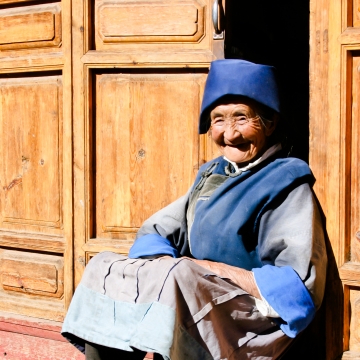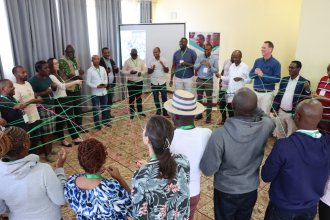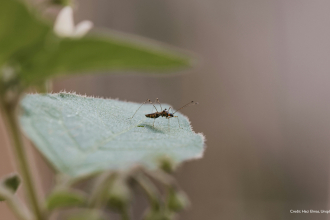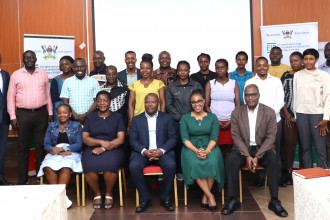Why men should engage in clean cooking decision-making
In the heart of Arusha, Tanzania, something transformative was brewing. Minds from Eastern African governmental agencies and researchers converged for a week-long workshop on the practicalities of clean cooking. The air was filled with anticipation, for it was not just about discussing solutions; it was about catalyzing change.





